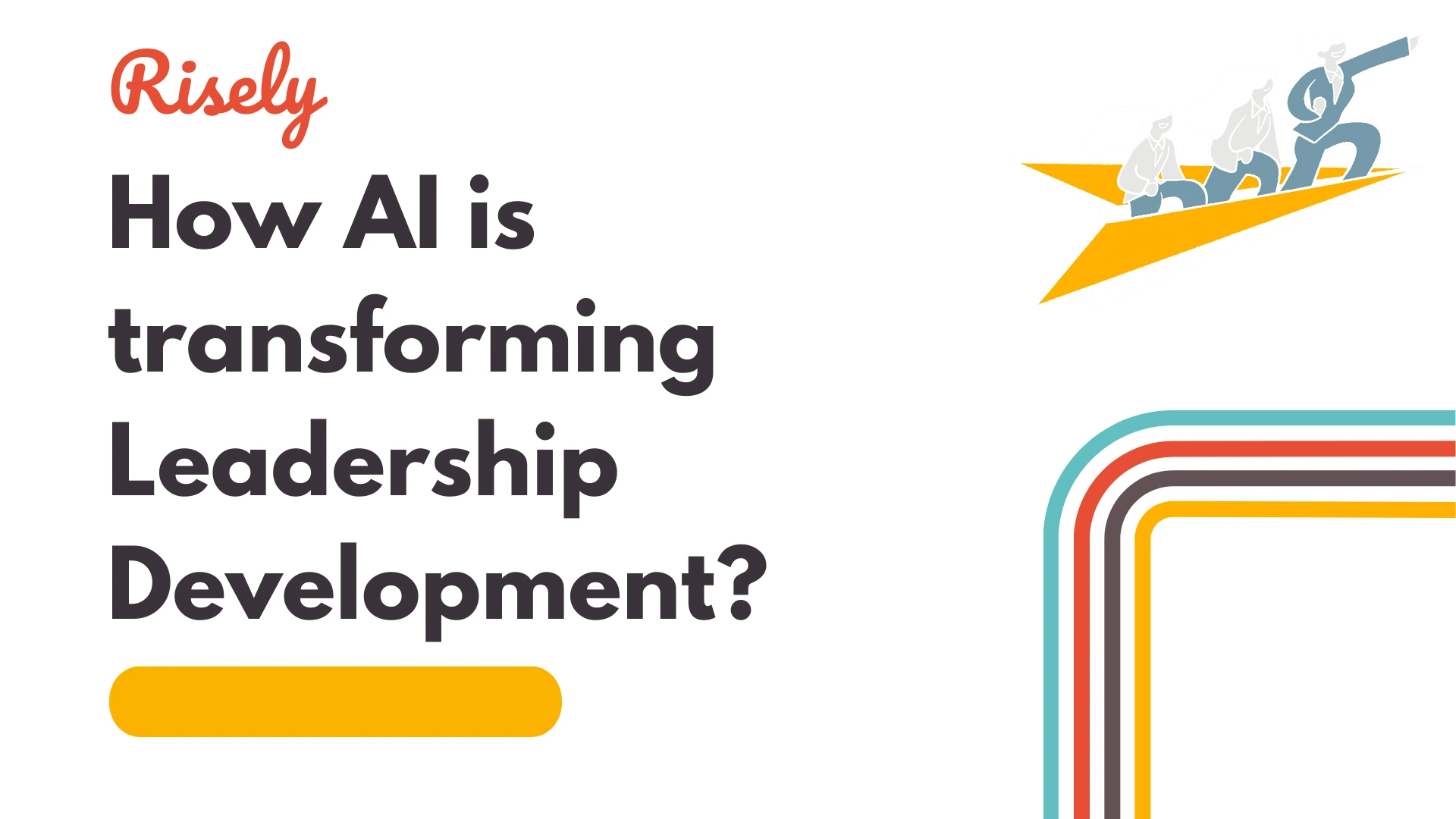Over analyzing things keeps you stagnant.
Have you ever found yourself reading a sentence again and again without making much sense of it?
Or, have you ever looked into options twice, thrice, and then one more time for good measure without being sure of anything still?
This situation, where you are unable to make decisions, is known as analysis paralysis.
As per Cleveland Clinic, it causes you to have an intense, emotional reaction when faced with making a decision. It erupts in management and leadership professionals often. Unsurprisingly, a lot of our job is about making decisions and following through.
That’s where the trouble strikes—there’s this constant nagging voice in the back of your head: What if you made the wrong decision?
Analysis paralysis, although not a medical condition on its own, is related to anxiety, depression, and ADHD. If you go in search of causes, you will find the tiredness from decision-making to be a common one.
Decision fatigue and the overwhelming emotion of being responsible for everything around us often put us in a state of perplexity. It’s like being trapped in a rut; moving forward is hard because that’s yet another decision to make and act on.
So, what’s the way out for managers?
First up, start by identifying the signs of analysis paralysis. It could include indecision over something as small as what to eat for dinner or what type of coffee you’d like the barista to make. The root cause is not the enormity of the decision but the availability of too many options that get us thinking and analyzing every bit and piece till the end.
What are you likely to do when you are unsure of what to eat for dinner? Delay the meal and grab a packet of chips instead. This is a hidden form of procrastination that analysis paralysis often leads to.
On the other hand, you might find yourself carefully reading the labels of every variety of coffee in front of you. Light roast or dark? Arabica or Robusta? Analysis is our best friend, and we will go to the root of everything as long as we can to avoid making a decision. This is another sign that you are caught in analysis paralysis, where you are constantly gobbling up information but making no use of it.
Oh, wait, what’s the easy way out of these questions? Let’s just order what our friend is having. They have a decent choice. It won’t be so bad after all. Avoiding decision-making in situations or avoiding the role itself is also a form of escapism that analysis paralysis often has us practice.
The walls are closing in on this.
How can we really avoid analysis paralysis, then?
Begin by reframing what you expect from yourself. The pressure with every decision increases when we expect each one to be perfect. Our dinner choices should follow every good piece of advice out there, and the coffee should be reflective of our good taste. So, of course, business decisions invite even more scrutiny; each one needs to lead to growth.
But this tendency to always crave the best is a silent killer. Perfectionism makes us chase a mirage while letting go of the next meaningful step we can take toward our goals. Instead, think of making progress.
It’s one of the company values that we follow at Risely.
Progression > Perfection
But, you may ask, small progress leads to nothing. This is true until we factor in small progress being made regularly.
As James Clear shared in his popular essay on continuous improvement, it’s all about tiny gains.
1% better every day: 1.01 365 = 37.78
Next up, understand that it’s okay to be okay-ish at things. As managers and leaders, we are held up to high standards by others and ourselves too. But this leads to trouble, too, as we fall victim to what I call “super person syndrome.” It’s an attempt to do everything ourselves to the best of our capacities, which is ultimately unhealthy.
Instead, take breaks and get help when you need it. You, and others around you, will be happier.
Since we are living in the information age, with screens blaring new and concise information to us each and every second, it’s easy to get overwhelmed.
The key is to create boundaries and let only the things that matter get inside.
Let’s bring change: one feedback at a time.
We’ve built Candor as a tool to share anonymous feedback from employees with team managers. It’s free. Give it a spin here and start connecting.


